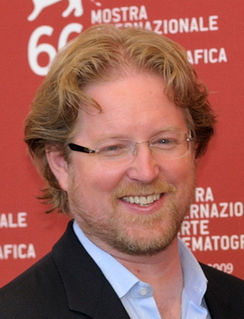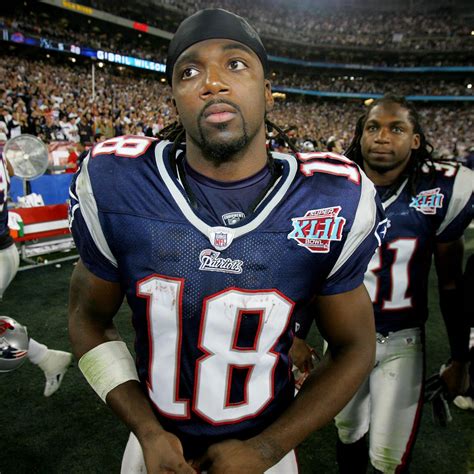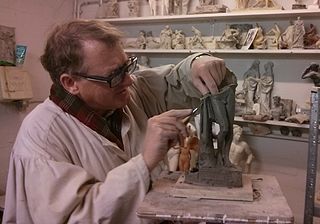A Quote by Chris Pavone
As an unpublished, nonprofessional writer working on my first novel, I nevertheless had access to extremely talented people who would help make my manuscript better, people who've made careers out of providing careful, constructive criticism to writers. I'm tremendously grateful to them.
Related Quotes
That was one of the big problems in the [Black Panther] Party. Criticism and self-criticism were not encouraged, and the little that was given often wasn’t taken seriously. Constructive criticism and self-criticism are extremely important for any revolutionary organization. Without them, people tend to drown in their mistakes, not learn from them.
I've never really felt that being part of a literary community is all that important. It can be extremely detrimental to a writer. It can damage successful writers by giving them an exalted sense of what they've done, and it can crush less successful writers by infecting them with envy and malice at an early stage in their careers.
I'm always very careful to make the distinction between music criticism and music journalism. A lot of people don't. But criticism doesn't require reporting. You can write criticism at home in your underwear. On the other hand, journalism takes legwork - you have to get out there and see things and talk to people.
Now, as a reader, you shouldn't feel the decisions the writer makes about this DNA, or it would be boring beyond belief. But, as a writer, you're struggling to make these decisions. What should the title be? What's the first line? The point of view? And the struggle with the decisions is because you're trying to figure out WHAT IS THE NOVEL, WHAT IS THE NOVEL?
I always hear people saying, "If I can just help one person, or if I can just stop one person from doing what I did." I don't think one person is enough. I feel you can help more than one person, help as many as you can. That's something that I would like to leave as my legacy: That I helped a lot of people and made some people make better decisions after looking at the decisions I've made in my life.
My husband, William Sutcliffe, the writer, is my first reader and in many ways my most important. That initial reading of the manuscript is crucial and irreplaceable and you want them to approach it as someone in a bookshop might, not knowing much about it. So I've got into this pattern of not telling Will anything about the book I'm working on. He often knows nothing about the book I'm working on at all until I give him the whole manuscript and ask him to read it. The book I'm working on at the moment he knows nothing about. No one does.
You gotta deal with a lot of people, the naysayers... but I've always been the guy who kinda just smiles and laughs at it. I use it as constructive criticism to be honest. Whether they're intentionally trying to be kind of spiteful or not, it's constructive criticism because you can't say there's always truth to it but there's definitely something.
Why would a lazy guy become a parent of five? Then again, why would creative people who inherently don't like change and criticism become writers, actors, or comedians? There's something about this process. I joke about it: My kids have made me a better person, and I only need, like, 34 more of them to be a really good guy.






































